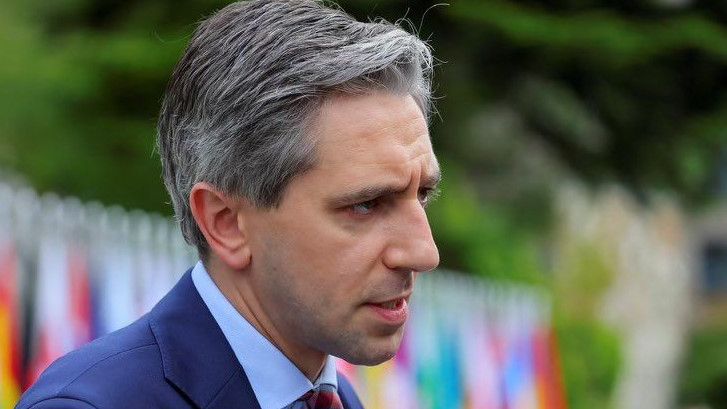The contentious vote, which followed a lengthy and heated debate, passed with 48 MLAs in favor and 36 against. The decision was made under the democratic consent mechanism outlined in the Windsor Framework, part of the UK and EU’s post-Brexit deal. This mechanism allows local representatives to decide on the trade rules governing the region.
The framework, and Its predecessor the Northern Ireland Protocol, require checks and customs paperwork for goods moving from Great Britain to Northern Ireland. These arrangements aim to prevent a hard border on the island of Ireland while keeping Northern Ireland aligned with many EU trade and customs rules. However, unionists have strongly opposed the system, arguing it undermines Northern Ireland’s position within the UK.
Unionist MLAs voted against the extension but were outnumbered by Sinn Féin, the Alliance Party, the SDLP, and People Before Profit MLA Gerry Carroll, who all supported continuing the arrangements. These parties emphasized the framework’s role in protecting Northern Ireland from Brexit’s economic fallout.
The vote specifically addressed Articles 5-10 of the Windsor Framework, which underpin EU trade laws in the region. Unlike other contentious issues at Stormont, this decision required only a simple majority to pass. While securing cross-community support would have extended the arrangements for eight years, the simple majority vote means they will continue for just four. It also triggers an independent review of the framework’s implementation.
Finance Minister and Sinn Féin MLA Caoimhe Archibald supported the extension, highlighting its benefits for trade within the UK internal market and the EU single market. She argued the arrangements were preferable to the alternative of a hard land border, which could have had disastrous effects on supply chains and economies on the island.
In contrast, DUP deputy leader Emma Little-Pengelly criticized the vote, accusing supporters of ignoring unionist concerns and calling the Brexit-related trade arrangements a “constitutional self-harm” imposed by the UK government. DUP MLA Jonathan Buckley described the debate as an “illusion of democracy,” arguing it failed to address unionist grievances.
Alliance Party leader and Justice Minister Naomi Long noted that the arrangements were a direct consequence of Brexit, which many unionists had supported in the 2016 referendum. She urged reflection on the resources spent navigating Brexit’s challenges rather than investing in communities.
Ulster Unionist MLA Steve Aiken acknowledged unionist concerns but argued that the framework undermined Northern Ireland’s economy, citing its negative impacts on farmers, businesses, and accountability.
Meanwhile, SDLP MLA Matthew O’Toole defended the framework, pointing to economic growth in Northern Ireland and disputing claims that the protocol had harmed the region’s economy.
TUV MLA Timothy Gaston criticized the absence of cross-community support for the vote, arguing it violated the principles of the Good Friday Agreement. He claimed protections for unionists had been disregarded as their political influence diminished.
The debate follows years of political deadlock, including the collapse of the Northern Ireland Assembly in 2022 over disagreements about the Irish Sea border. After a two-year impasse, the Assembly resumed functioning earlier this year.















